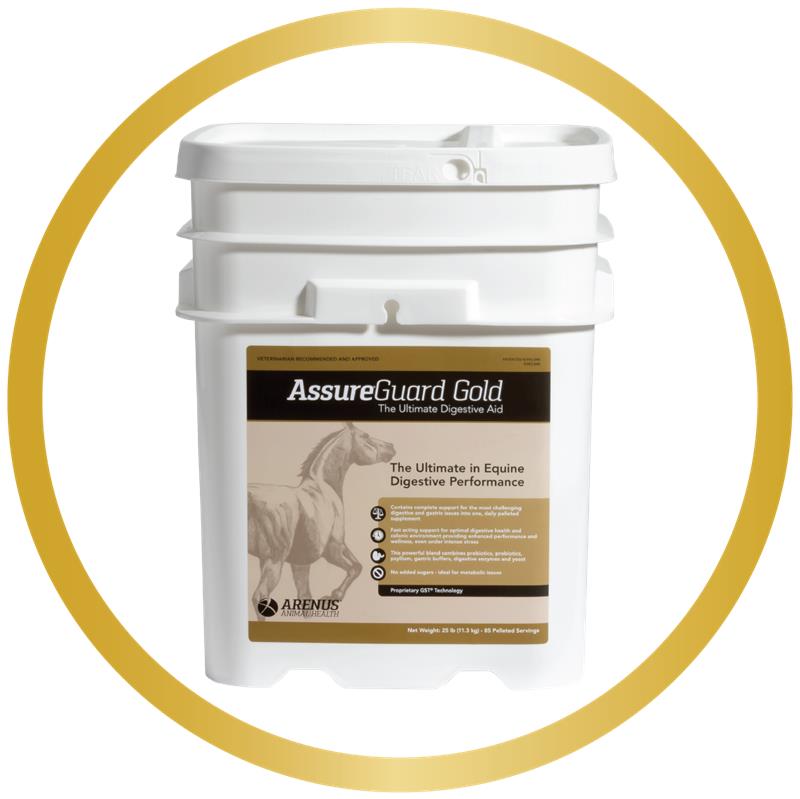
Colic Prevention and Relief Tips
As the top cause of death in horses, colic is dreaded among horse owners. Luckily, prevention is possible. Learn several preventative and relief measures you can take in this guest blog by Katie Casale.
Equine colic is a common disorder of the digestive system. The term colic means abdominal pain and the condition can affect various areas of the digestive tract for numerous reasons. It can happen in horses of all ages and types and varies from a mild bout of discomfort that eventually resolves itself, to something more serious that requires medical treatment or surgery.
Colic indicates a problem with the gut itself or other organs within the abdomen. There are many causes for colic, but generally they are related to the anatomy and the microflora of the horse’s gastrointestinal tract.
Common causes:
• High grain-based diets
• Moldy feed
• Abrupt change in feed
• Parasite infestation
• Lack of water consumption leading to impaction colic’s
• Sand ingestion
• Long term use of NSAIDS
• Stress
• Dental problems
Signs to look out for:
• Pawing at the ground
• Sweating and increased breathing rate
• Rolling without shaking off after
• Stretching as if to urinate
• Elevated pulse rate
• Lack of appetite
• Lack of normal gut noises
• Looking or biting at the flank
Prevention of colic is essential and by following management techniques, the risk of a horse getting it can be reduced, but not eliminated. You should be familiar with the symptoms of colic to quickly identify the condition; taking into consideration your horse’s vital signs is very important.
Tips for Prevention:
• Keep feeding and turnout routines as consistent as possible
• Avoid feeding on the ground
• Ensure a constant supply of fresh drinkable water
• Use effective parasite control
• Schedule regular dental care
Treatment depends on many different factors, most importantly what kind of colic your horse may have.
Methods for treatment:
• Medication like Analgesics
• Laxatives and lubricants
• Deworming
• Surgery Alternative Prevention and Relief
For extra prevention, Assure Guard Gold from Arenus can aid in helping with colic. This patented supplement provides your horse with a constant influx of live microbes and psyllium to manage daily digestive health as well as chronic conditions like colic, sand accumulation, ulcers, diarrhea, and poor body conditions.

